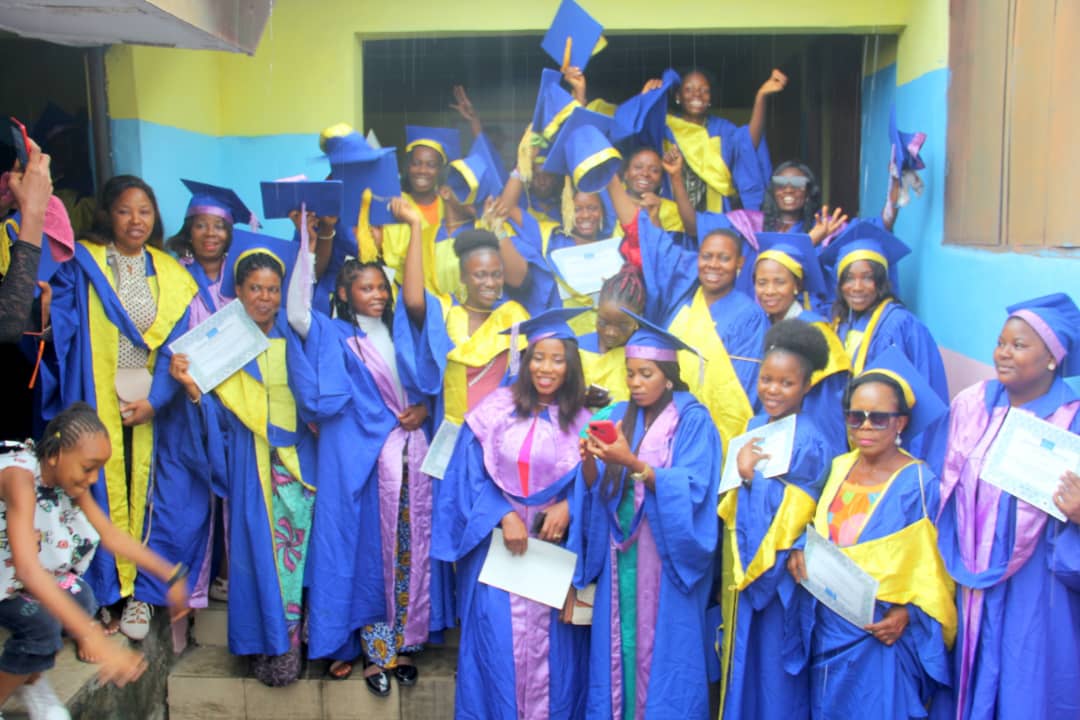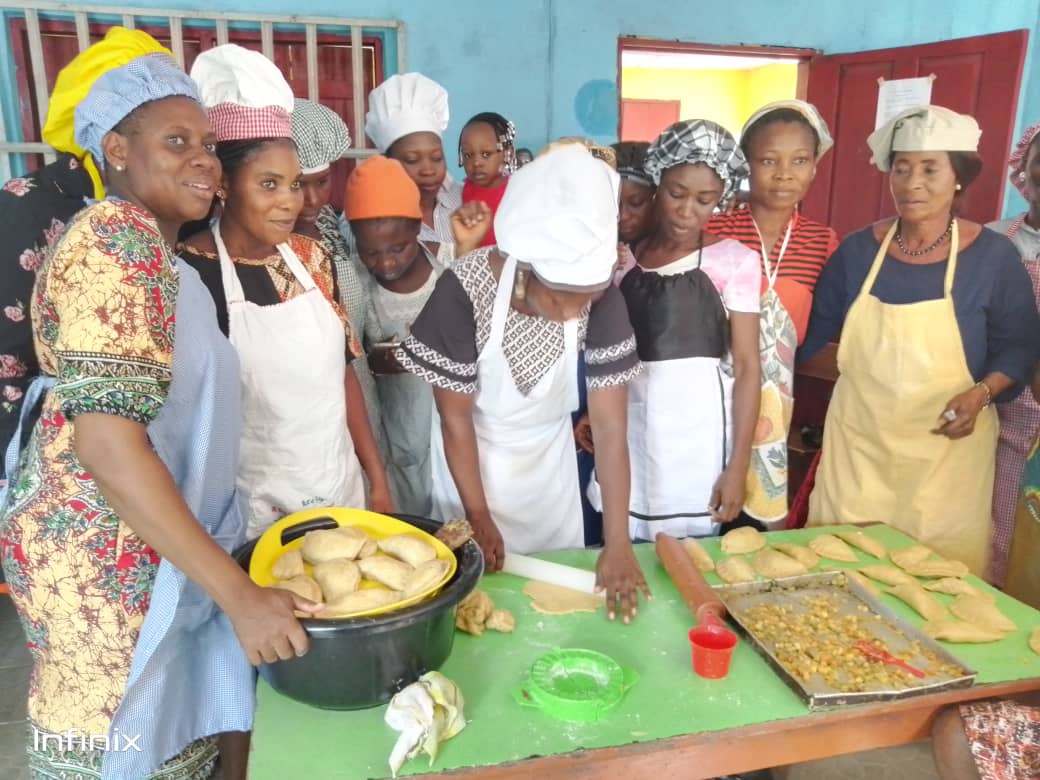In Nigeria


One in five children in the world who are not in school are in Nigeria, even though primary education is officially free and compulsory. About 10.5 million of the country’s children ages 5-14 are not in school. Only 61 percent of 6- to 11-year-olds regularly attend elementary school, and only 35.6 percent of children ages 36 to 59 months receive early childhood education. Of this number, the report said, about nine million are children of beggars, fishermen and other less privileged people in society UNICEF Nigeria. However, gender, geography and poverty are important factors in the pattern of educational marginalization. In states in the northeast and northwest, net primary school enrollment rates for girls are 47.7 percent and 47.3 percent, respectively, meaning that more than half of girls are not in school.
The results of Okpukpara and Chikwuone’s (2011) study showed that girls in urban areas are 23 percent more likely to drop out of school compared to 12 percent for boys, and that girls in rural areas are more likely to drop out of school than boys, with a rate of 16 percent for girls and 5 percent for boys. The Federal Government of Nigeria itself has taken note of the dropout syndrome currently afflicting the education sector through the Minister of State for Education, Barr. Ezenwo N. Wike. Other factors include the frequent kidnapping of students for ransom and the situation of internally displaced persons. As a result, getting children who have left school back into education is a major challenge, leading to high unemployment. These trends have left the youth vulnerable to criminal tendencies such as unrest, drugs, gangsterism, kidnapping, cultism, prostitution/forced prostitution and unplanned pregnancies.
Cross River State, has been earmarked for this one year project to take place. It shares a border with Cameroon in the Bakassi area, therefore, people who have fled the war in Cameroon have come across the border in search of safety, which has driven up the crime rate and the number of displaced people, both those displaced within Nigeria fleeing Boko Haram for safety and those coming from outside Nigeria to a state where there are mainly civil servants. The adult population has low employment, Youth unemployment is very high, besides, the rate of teenage pregnancies is alarming! While human trafficking across the border has become a common phenomenon. It is one of the states with the highest rates of domestic servitude.
As usual women and youth are the most vulnerable. They are mostly under-educated and unemployed without meaningful skills for opportunities or empowerment or a better life. Great Africa Network for women e.V., is privilege to partner with Senatsverwaltung für Bildung, Jugend und Familie and https://www.bmz.de through “EZ-Kleinprojektefonds für Auslandsprojekte´´ of Stiftung Nörd Süd Brücken Berlin for a one year Skills Development Training project in Calabar, Cross River State, Nigeria.
Great Africa Network for Women e.V, works with the local NGO, Kera Basil Foundation, Nigeria to carry out this one year training project. The centre trains vulnerable women and youth in Hair dressing, Make-up, Tailoring, Computer, Catering and solar installation. The training that started in December 2021 has graduated 450 women and 520 youths so far. The sponsorship of this (Senatsverwaltung für Bildung, Jugend und Familie and https://www.bmz.de) projects ends in 15. November 2022. The question is, how do we sustain this laudable project that has emancipated and empowered these much people in such a short time and could even do more if sustained.
Please send your donations. You will receive a receipt for all your donations!
